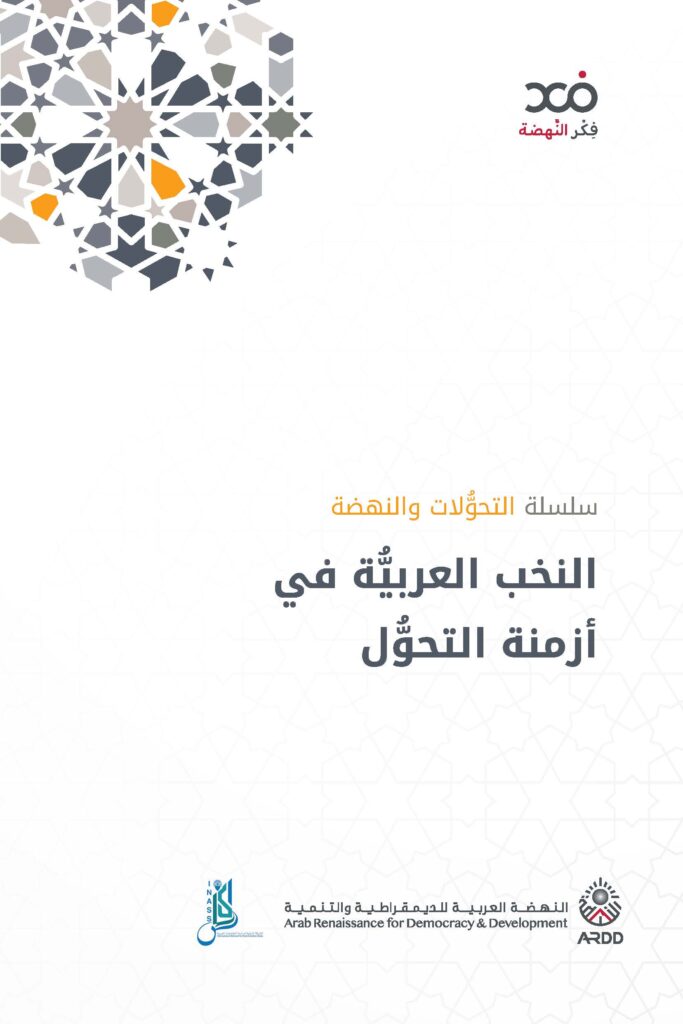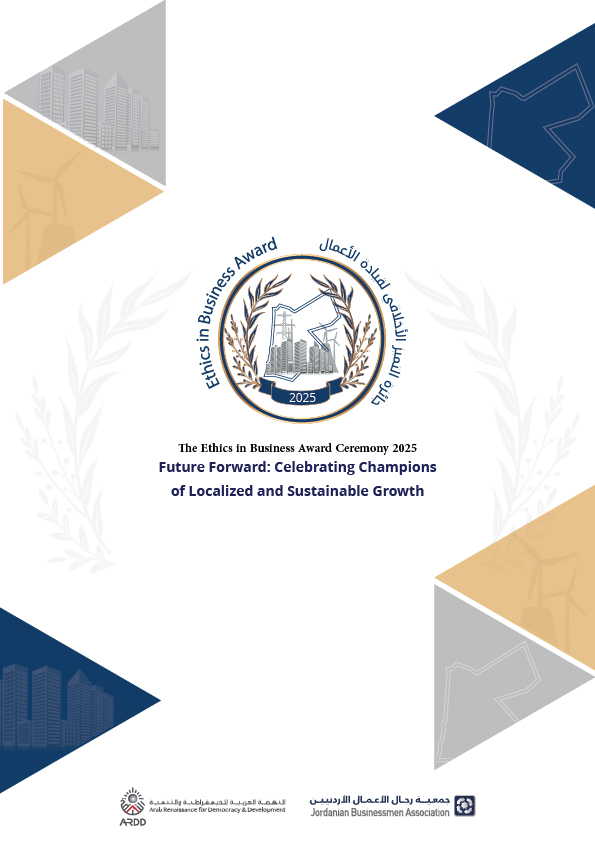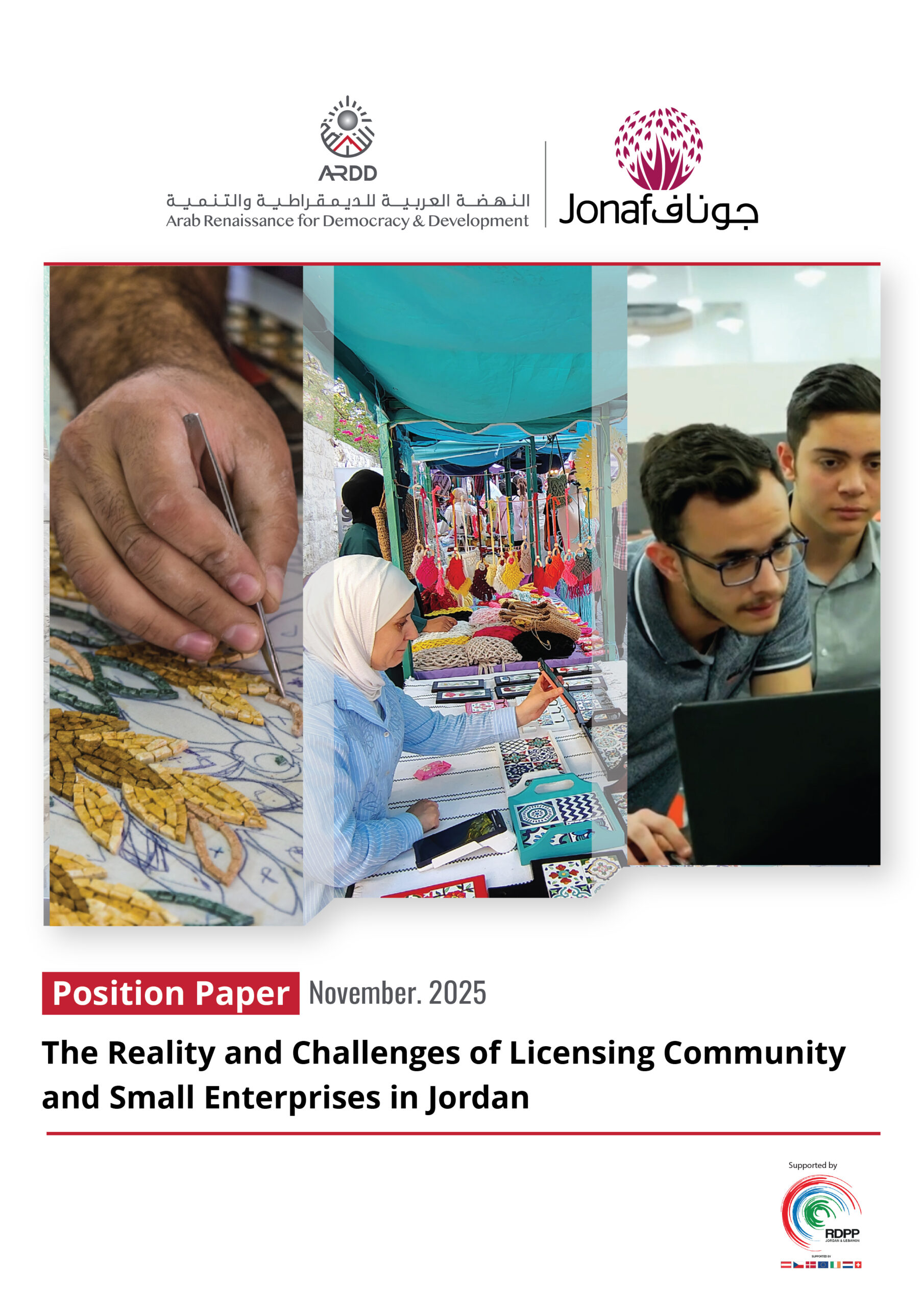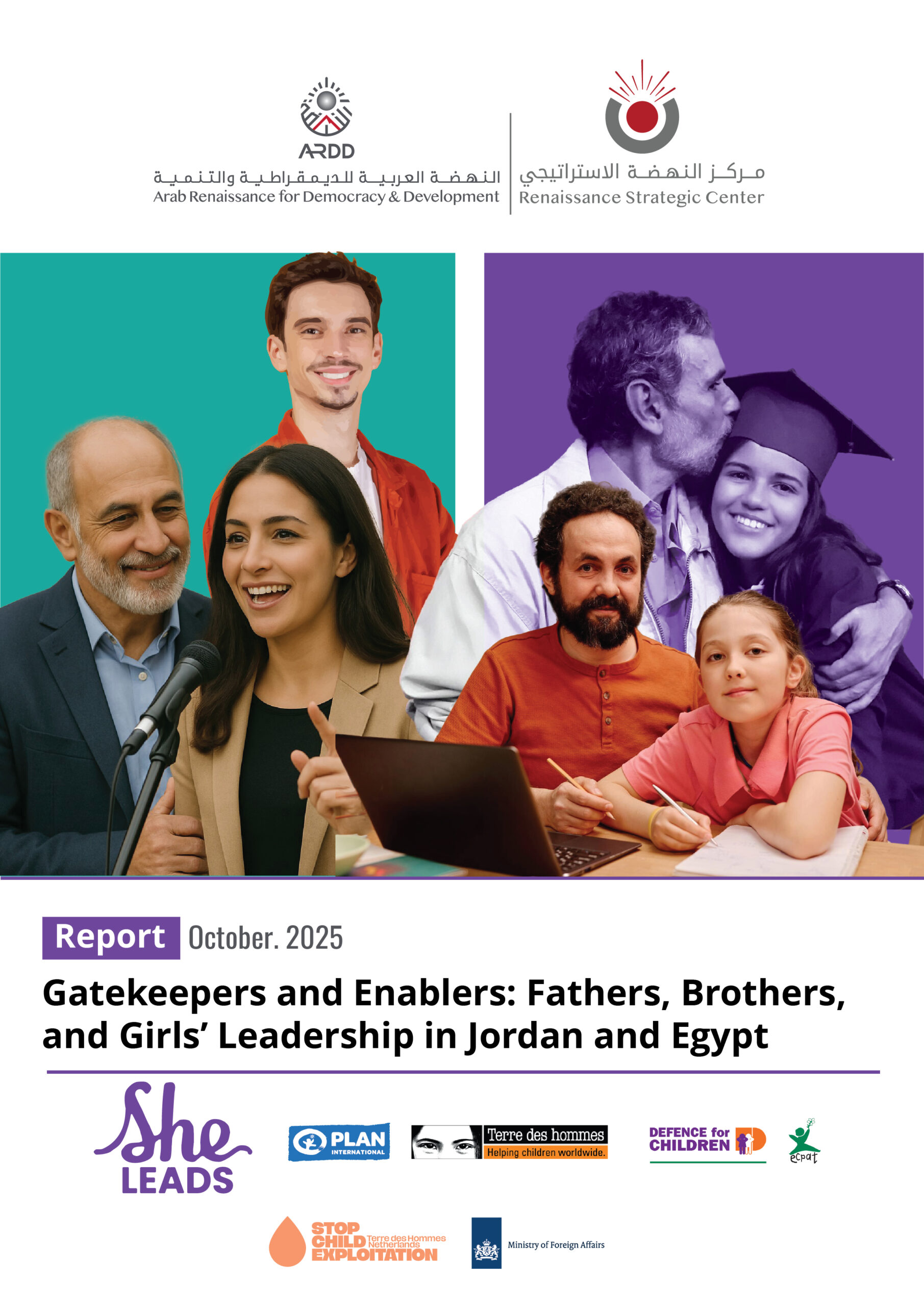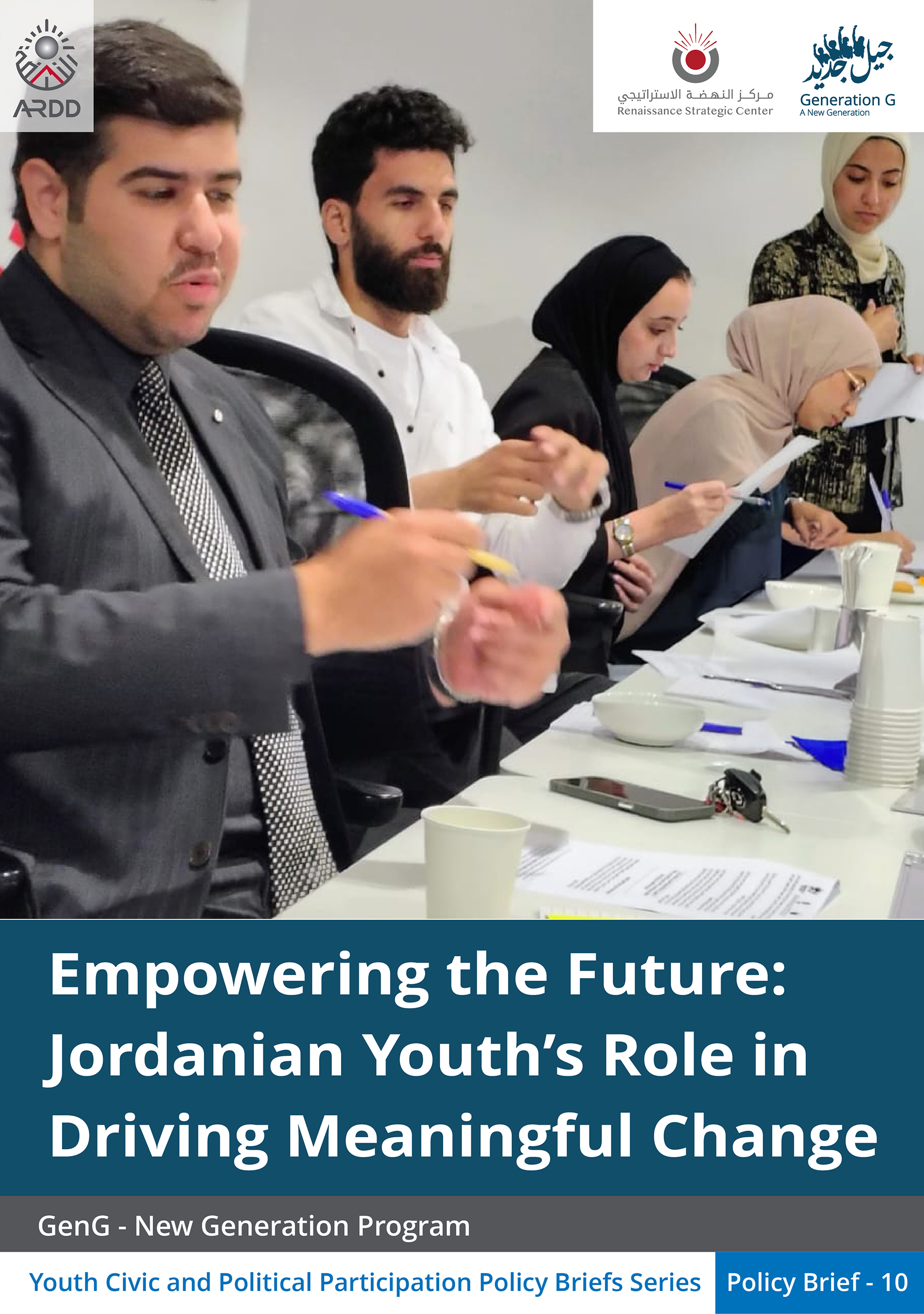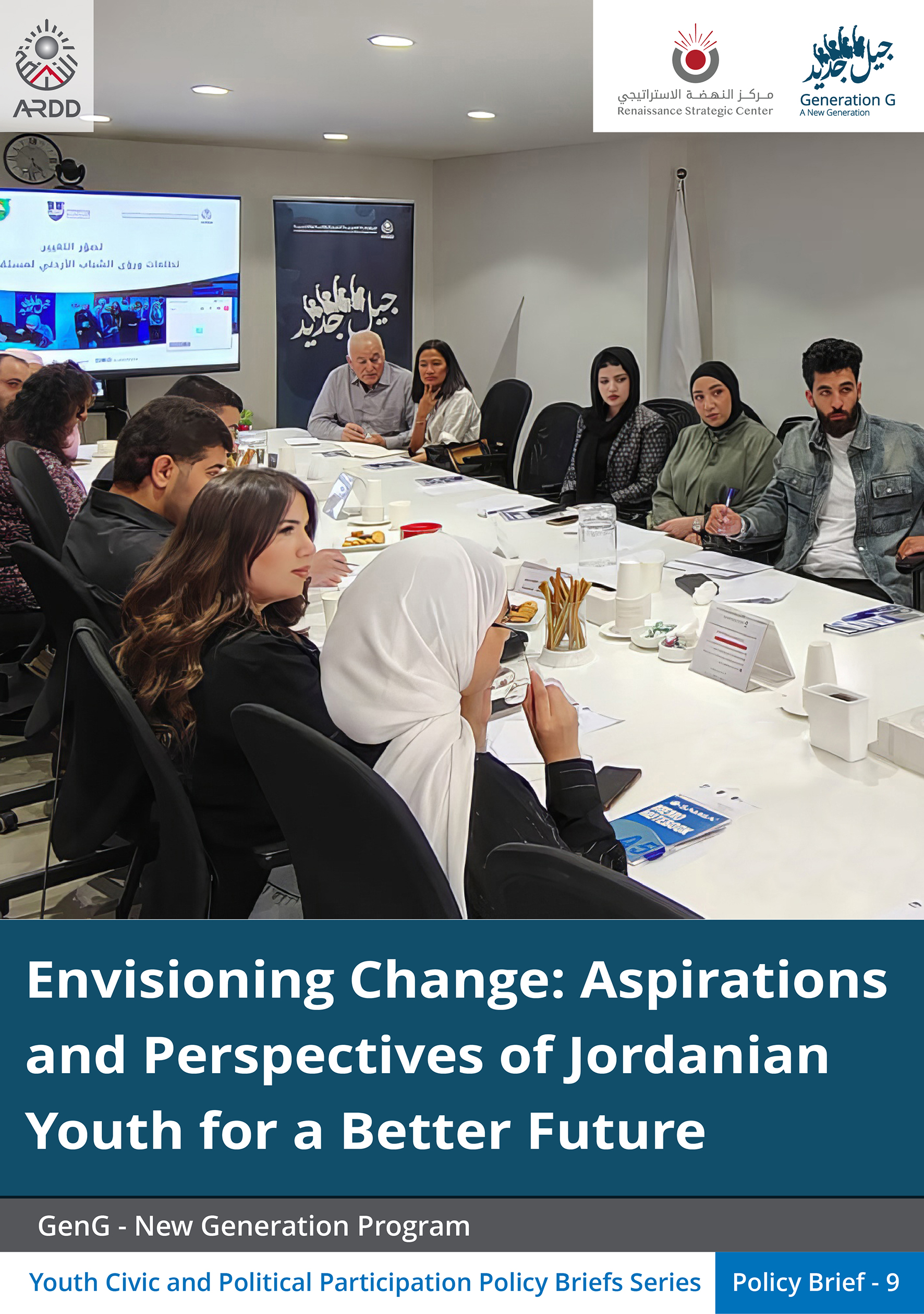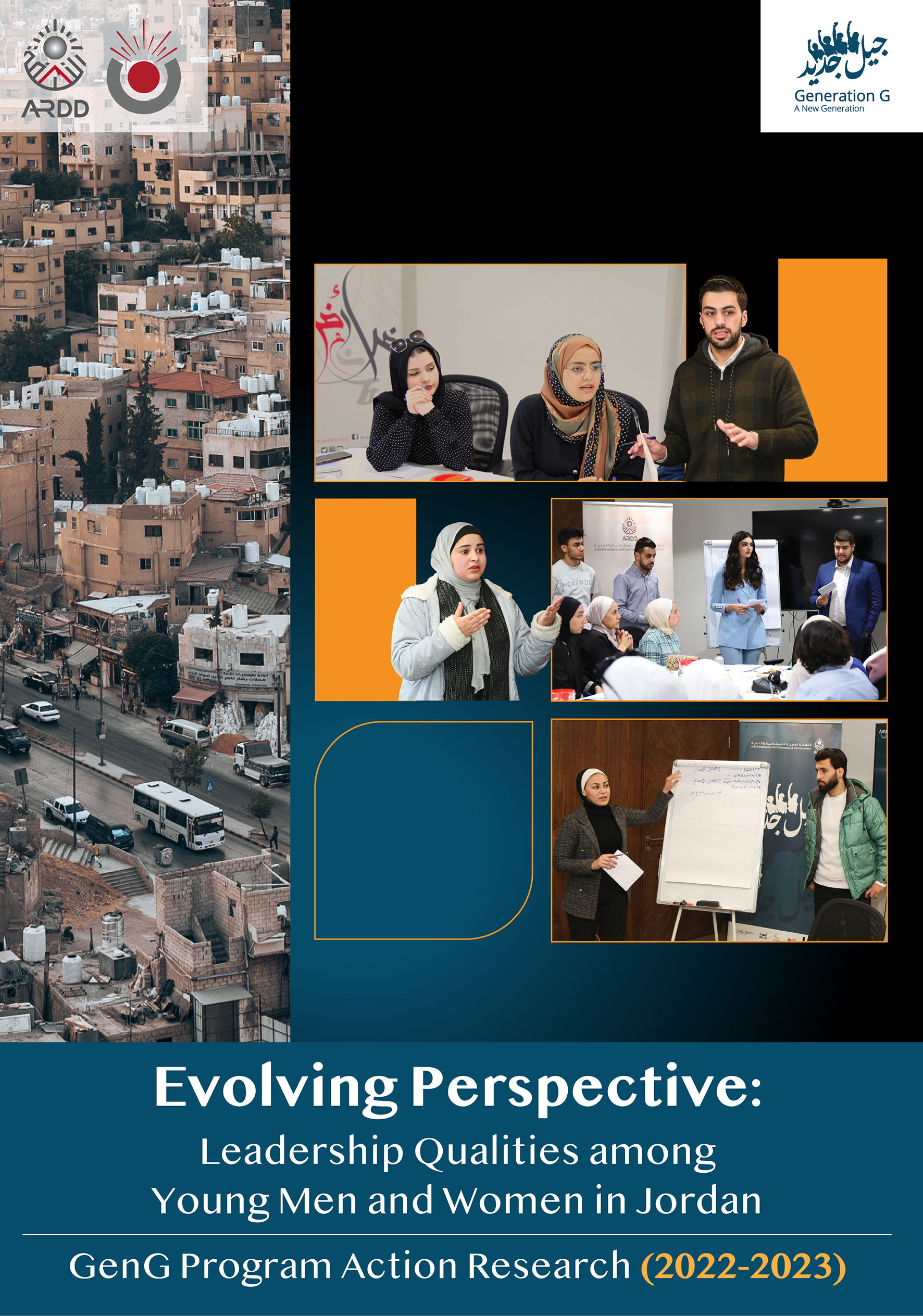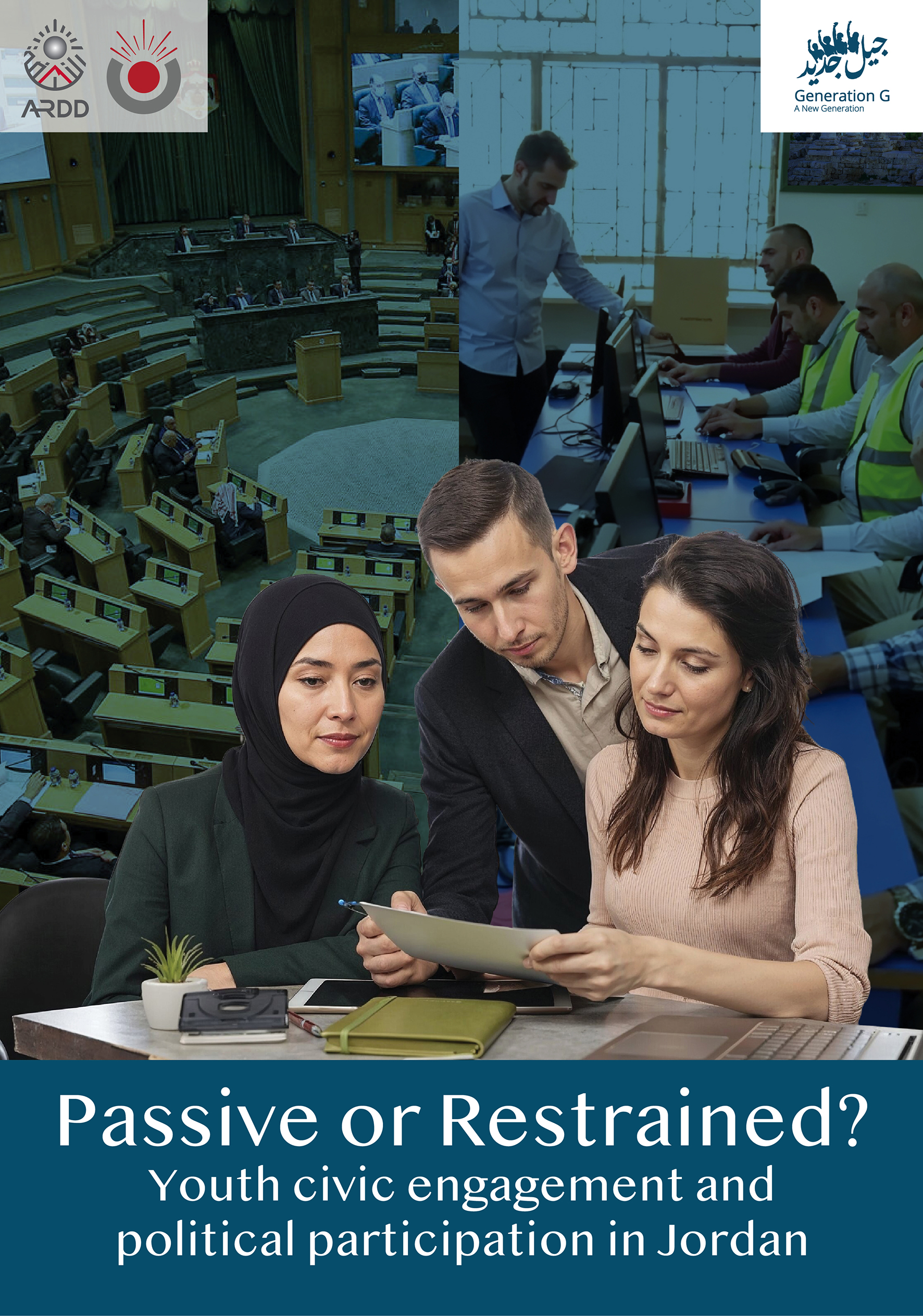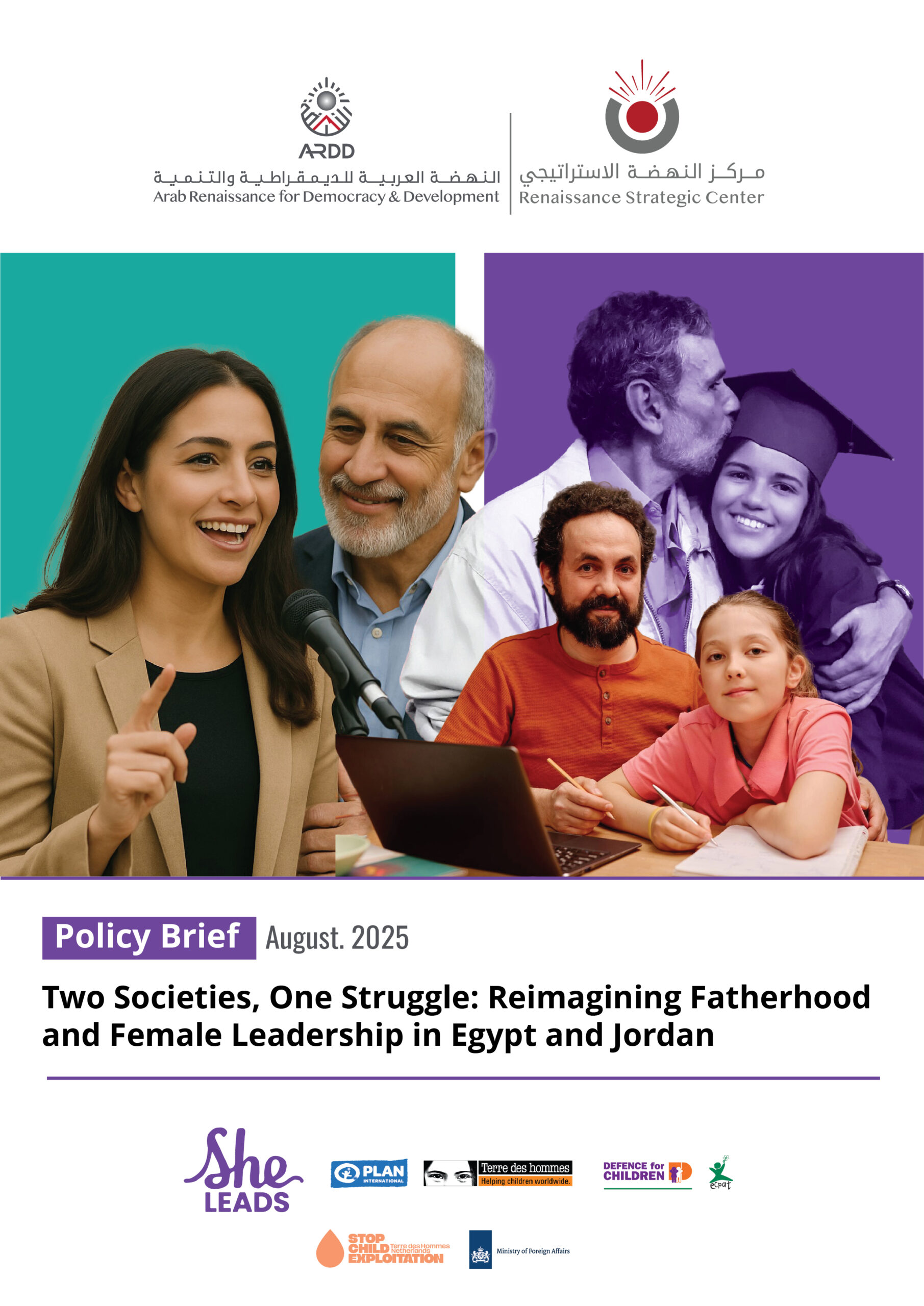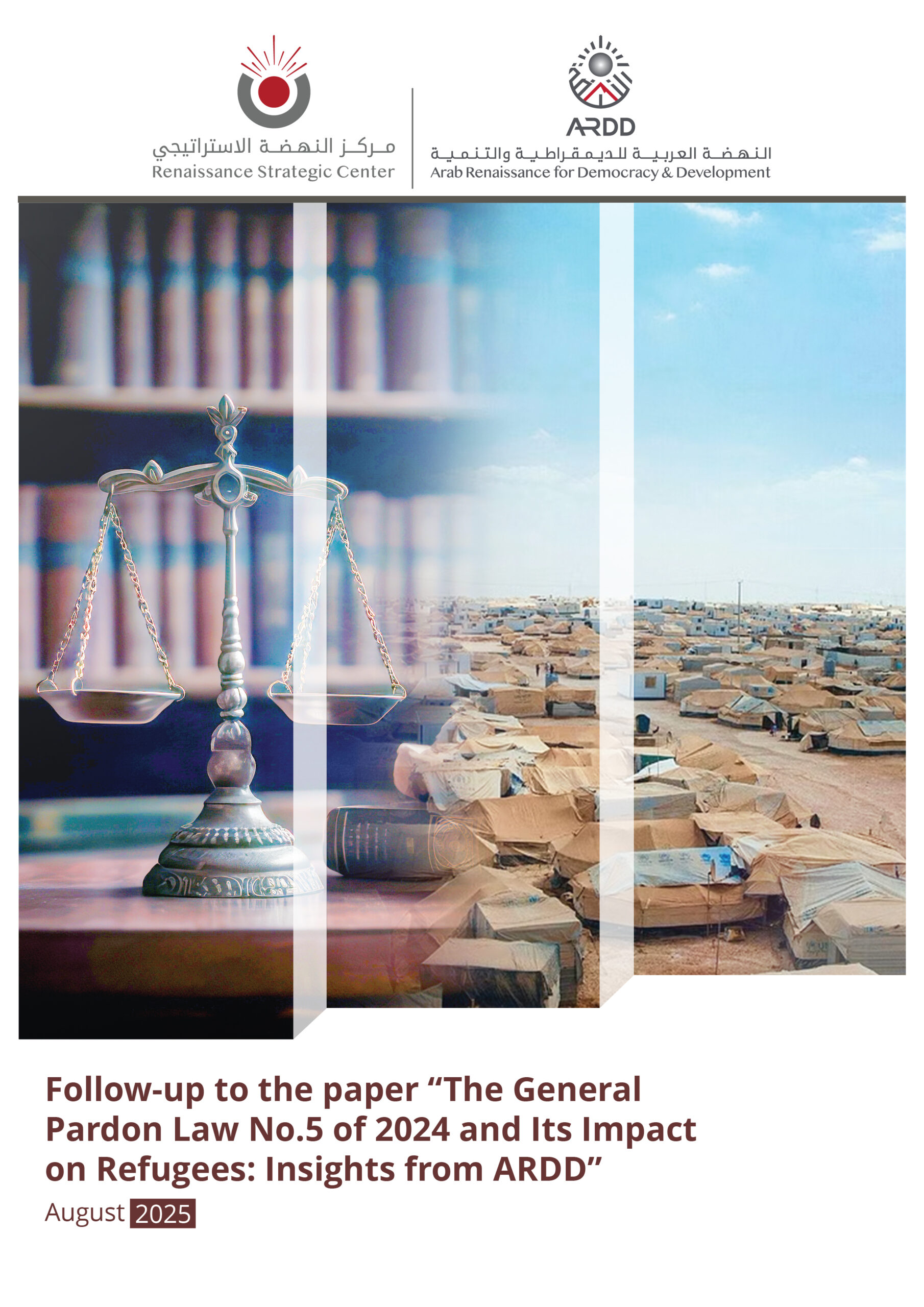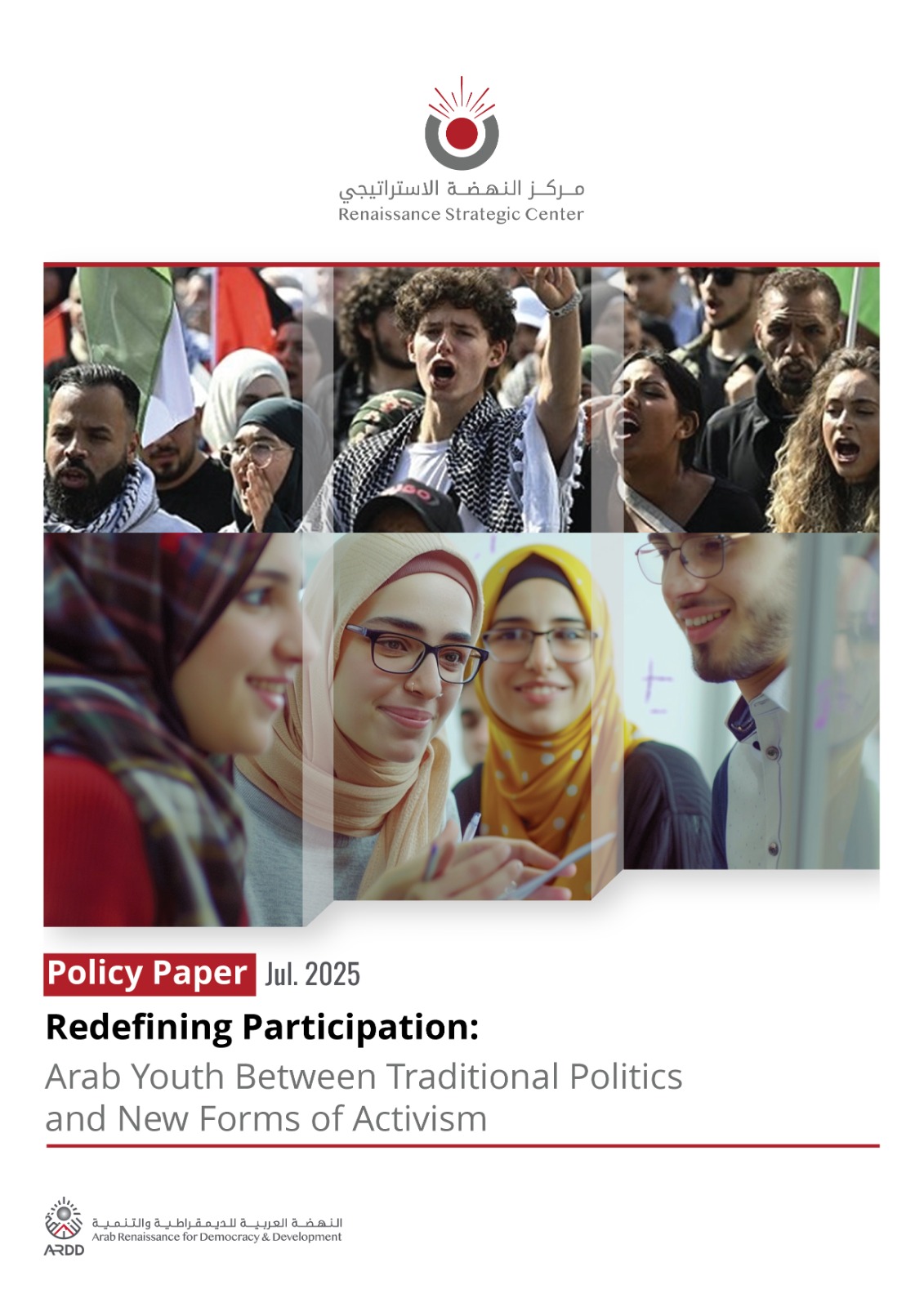The issue of reading Arab elites epistemologically has been a point of controversy among specialists. One thesis suggested that these elites failed to make an impact on a transformation that benefited Arab societies. The elites exerted an active influence in their societies; for at the stage of building the national state, the elites were placed within the circle of social demand to adopt the strategy adopted at the time in marketing the official discourse. However, the symbolic status of the elites at the time was distinct in societies, especially in the post-colonial era, where the elites placed the Arab person at the top of their priorities to build, educate, and bring them knowledge. However, the transformations in Arab societies have eroded the status of classical elites and pulled the rug from under them. Hence, the booklet asks several questions in this context, including: Who is the Arab elite? Why is the issue of elites being revisited in the context of the transformations in the Arab region? Have new elites emerged in tandem with the widespread consumption of new media among young people? Have economic and religious elites become more influential than intellectual and knowledge-producing elites? How can the status of the Arab intellectual elites be restored? The booklet reviews these and other questions, which are answered by a number of intellectual figures, namely: Prof. Adnan Al-Amin (Lebanon), Prof. Mounir Saidani (Tunisia), Prof. Samir Abdul Rahman Al-Shamiri (Yemen), and Dr. Ahmad Mufleh (Palestine).
The material is in Arabic

